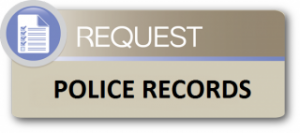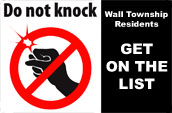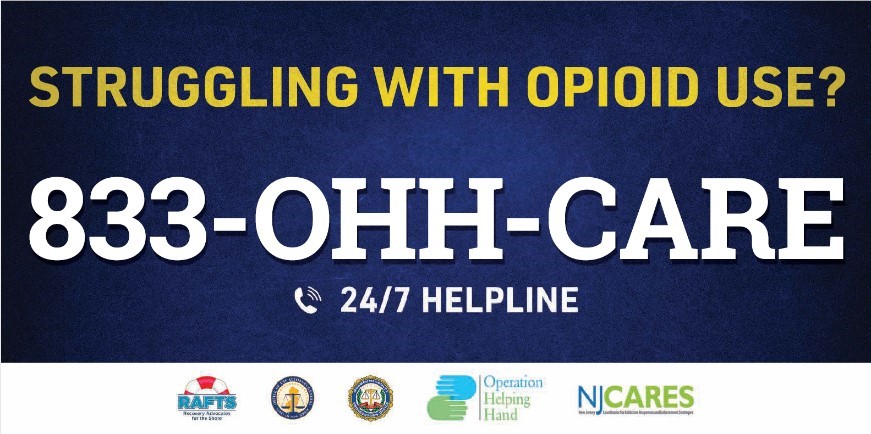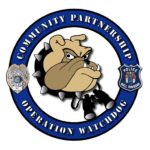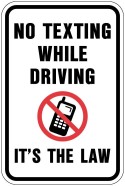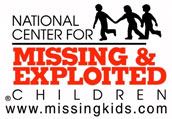Carbon Monoxide Kills Even During Snowstorms
– Don’t Be Fooled –
BREAKING NEWS (Newark, NJ) New Jersey is weathering a fierce snowstorm with dangerous, even deadly, travel conditions – low visibility, slippery/icy roads, frigid temperatures, gusting winds, high snow totals and possible flooding. Many may experience power outages due to the high winds.
When storms of this magnitude occur, it is common to see an uptick in poisoning exposures/injuries. “Severe weather often results in illness and deaths from hypothermia and carbon monoxide (CO) poisoning, as well as exposures to a variety of substances,” according to Dr. Diane Calello, NJ Poison Control Center Executive and Medical Director, Rutgers NJ Medical School’s Department of Emergency Medicine. Carbon monoxide is known as the “Silent Killer” for a reason. It is a gas that gives no warning – you cannot see it, smell it or taste it. The good news: These exposures are preventable.
“Rest assured that the state’s poison control center will be here to respond to your calls for help, 24/7,” says Calello. You can reach the poison experts in the following ways: call 1-800-222-1222, chat via www.njpies.org, or text 8002221222@njpies.org.
Below you will find key safety tips that may potentially save your life or the life of a loved one. For those who have social media, follow the NJ Poison Center on FB and Twitter for storm safety tips.
Reduce your risk of CO exposure/poisoning:
- Only use generators outside. Keep them more than 20 feet from both you and your neighbor’s home, doors, or windows. Carbon monoxide gas can blow back into a building if too close.
- Clear snow from all heating and dryer vents.
- Gas appliances must have adequate ventilation. If need be, keep a window slightly cracked to allow airflow.
- Open flues when fireplaces are in use.
- Never use the stove to heat your home/apartment.
- Do not bring generators, pressure washers, grills, camp stoves, or other gasoline, propane, natural gas or charcoal-burning devices inside your home, basement, garage, carport, camper, boat cabin, or tent – or even outside near an open window or door.
- DO NOT cook with charcoal indoors.
- DO NOT idle a car in a closed garage. Once you pull in, immediately turn off the engine.
- Do not idle a car in a snowbank. If stuck in the snow, make sure to clear the tailpipe and surrounding area to prevent exhaust fumes from entering the car.
- If you do not have any carbon monoxide detectors, install them right away. If your detectors are old and/or not working properly, replace them right away. Check the batteries and replace if needed.
If you suspect Carbon Monoxide poisoning, take immediate action:
- If someone is unconscious or unresponsive, get him or her out of the house and call 9-1-1 immediately.
- Exit the house/building immediately. Do not waste time opening windows. This will delay your escape and cause you to breathe in even more dangerous fumes.
- Contact your local fire department/energy provider.
- Call the NJ Poison Control Center at 1-800-222-1222 for immediate treatment advice. Do not waste time looking for information on the internet about carbon monoxide poisoning. Call us for fast, free and accurate information.
General Safety Tips:
- Save the Poison Help line (1-800-222-1222) in your cell phone and post it somewhere visible in your home.
- Stay home and off the roads if possible. Driving conditions in severe weather deteriorate quickly.
- Have a flashlight with new batteries ready to use. Make sure to use a flashlight when giving or taking medication. Read all labels carefully.
- Have a battery-operated radio available with new batteries.
- Rock salt exposures occur frequently during severe weather. Children and pets can easily access rock salt left in garages, outside, hallways, etc. Keep these products locked up and out of sight and reach.
- Avoid drinking alcohol in cold temperatures
- Infants, children, and the elderly are at greatest risk for hypothermia. Stay warm and dress appropriately.
Some medications may increase your risk for hypothermia. Check with your doctor, pharmacist or call the NJ Poison Control Center.
CO poisoning is serious and should be handled as a medical emergency. Don’t waste valuable time looking up information on the Internet when every minute counts. Get help immediately if you suspect someone was exposed to carbon monoxide. Call the NJ Poison Control Center unless the person is unconscious, not breathing, hard to wake up, or seizing, then call 9-1-1. Poison control centers are a great resource for information and emergencies. Keep us at your fingertips. Save the Poison Help number (1-800-222-1222) as a contact in your cell phone.
Help is Just a Phone Call Away!
We are social. Join us on Facebook (@NJPIES) and Twitter (@NJPoisonCenter) for breaking news, safety tips, trivia questions, etc.
Real People. Real Answers.
Available for Media Interviews
Diane P. Calello, MD, Executive and Medical Director, New Jersey Poison Information and Education System (NJPIES)
Bruce Ruck, Pharm.D., Managing Director, New Jersey Poison Information and Education System (NJPIES)
About NJPIES Chartered in 1983, the New Jersey Poison Information & Education System (NJPIES) is New Jersey’s only poison control center. Medical professionals such as physicians, registered nurses and pharmacists offer free consultation through hotline services (telephone, text and chat) regarding poison emergencies and provide information on poison prevention, drugs, food poisoning, animal bites and more. In addition, it tracks incidences of adverse reactions to food, drugs and vaccines in order to monitor potential public health issues and provide data to the New Jersey Department of Health, U.S. Food and Drug Administration and the Centers for Disease Control and Prevention. NJPIES’ confidential services are available 24 hours a day, seven days a week, every day of the year. When needed, NJPIES responds to other emergent health issues by expanding hotline services.
NJPIES is designated as the state’s regional poison control center by the New Jersey Department of Health and the American Association of Poison Control Centers. It is a division of the Department of Emergency Medicine of Rutgers New Jersey Medical School. NJPIES has a state-of-the-art center located at Rutgers Health Sciences in Newark. NJPIES is funded, in part, by the NJ Department of Health, NJ Hospitals and the United States Department of Health and Human Services.
New Jersey residents should save the Poison Help number, 1-800-222-1222, in their mobile phones and post the number somewhere visible in their home. NJPIES is also available via text 8002221222@njpies.org and chat www.njpies.org.
FB / Twitter / Website
About Rutgers
Established in 1766, Rutgers, The State University of New Jersey, is America’s eighth oldest institution of higher learning and one of the nation’s premier public research universities. Serving more than 65,000 students on campuses, centers, institutes and other locations throughout the state, Rutgers is the only public university in New Jersey that is a member of the prestigious Association of American Universities.
Rutgers Biomedical and Health Sciences (RBHS) is the health care education, research, and clinical division of Rutgers University, comprising nine schools and their attendant faculty practices, centers, institutes and clinics; New Jersey’s leading comprehensive cancer care center; and New Jersey’s largest behavioral health care network.
###

